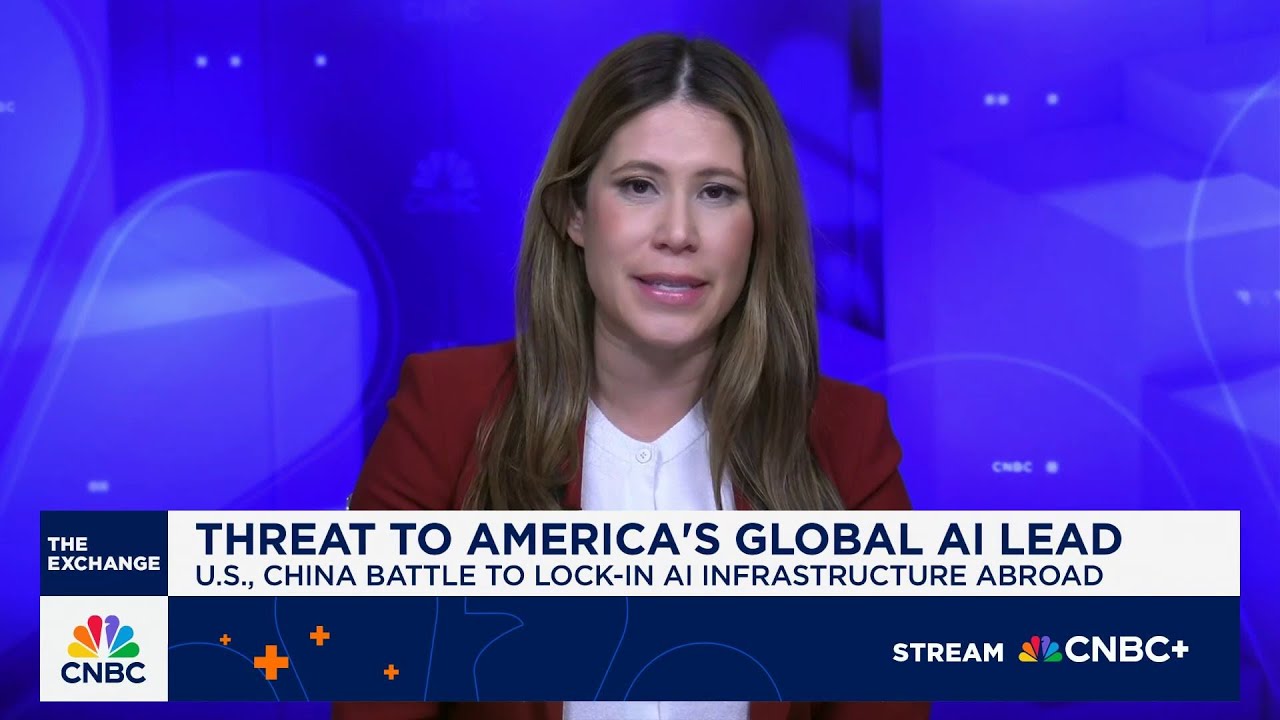OpenAI has warned that the Chinese AI startup GPU AI, part of Beijing’s “AI Tigers,” poses a significant threat to U.S. AI dominance by promoting open-source AI infrastructure internationally, despite financial struggles and reduced government support. While GPU AI’s close ties to the Chinese government raise security concerns, its use of open-source models complicates control and surveillance, making the global AI competition between the U.S. and China increasingly complex.
OpenAI has issued a warning about a rising Chinese AI startup called GPU AI, labeling it as a significant threat to U.S. dominance in artificial intelligence, potentially even more so than the previously highlighted company Deep Sea. GPU AI is part of a group of Chinese startups known as “AI Tigers,” which Beijing is actively promoting to compete on the global AI stage. Unlike Deep Sea, which has gained favored status in China, GPU AI is reportedly struggling financially and has lost some government support. Nevertheless, OpenAI’s warning appears strategic, aiming to influence lawmakers and allies to support American AI initiatives rather than risk ceding ground to China.
GPU AI specializes in providing turnkey AI infrastructure solutions beyond China, targeting markets in Southeast Asia, the Middle East, Africa, and even the UK. Its focus is primarily on enterprise products rather than consumer-facing applications like Deep Sea or ChatGPT. Central to GPU AI’s offerings is the deployment of open-source AI models, which can be run on widely available hardware such as Nvidia GPUs. This approach allows GPU AI to bypass some hardware limitations and expand its reach internationally, challenging U.S. efforts to maintain AI standards globally.
A critical aspect of the concern around GPU AI is the broader trend of increasing adoption of Chinese open-source AI models worldwide. While Western companies, including Meta, are reportedly moving away from open-source models toward closed-source alternatives, China is aggressively promoting free, powerful open-source AI. This shift could lead to the next generation of AI technologies being built on Chinese-developed code, potentially giving China a strategic advantage in AI development and deployment.
Security experts have voiced strong concerns about GPU AI’s close ties to the Chinese government and military. Ivan Sarine, a security analyst, warned that GPU AI’s connections pose risks to American security by supporting Beijing’s military modernization through AI and threatening data privacy and national interests. This raises alarms for U.S. companies considering the use of GPU AI’s technology, emphasizing the need for caution despite the open-source nature of the models.
However, the open-source aspect of GPU AI’s technology also complicates the narrative. Because these models are freely available and can be downloaded, modified, and hosted on servers outside China, users can potentially avoid direct Chinese government control or surveillance. This means that while GPU AI could be seen as a “Trojan horse” if hosted within China, its open-source nature allows for broader, more flexible adoption globally, making the AI competition between the U.S. and China ongoing and highly complex.
